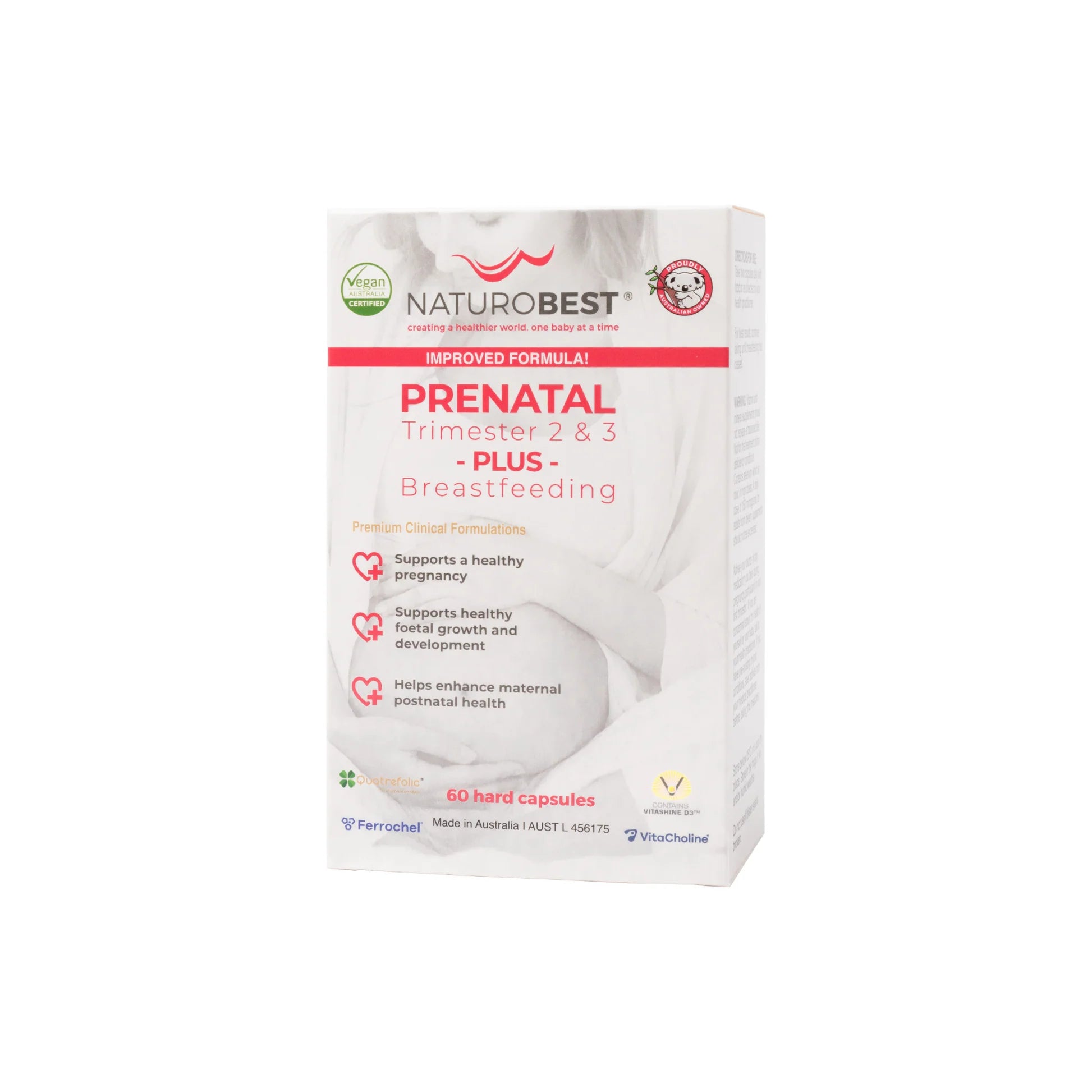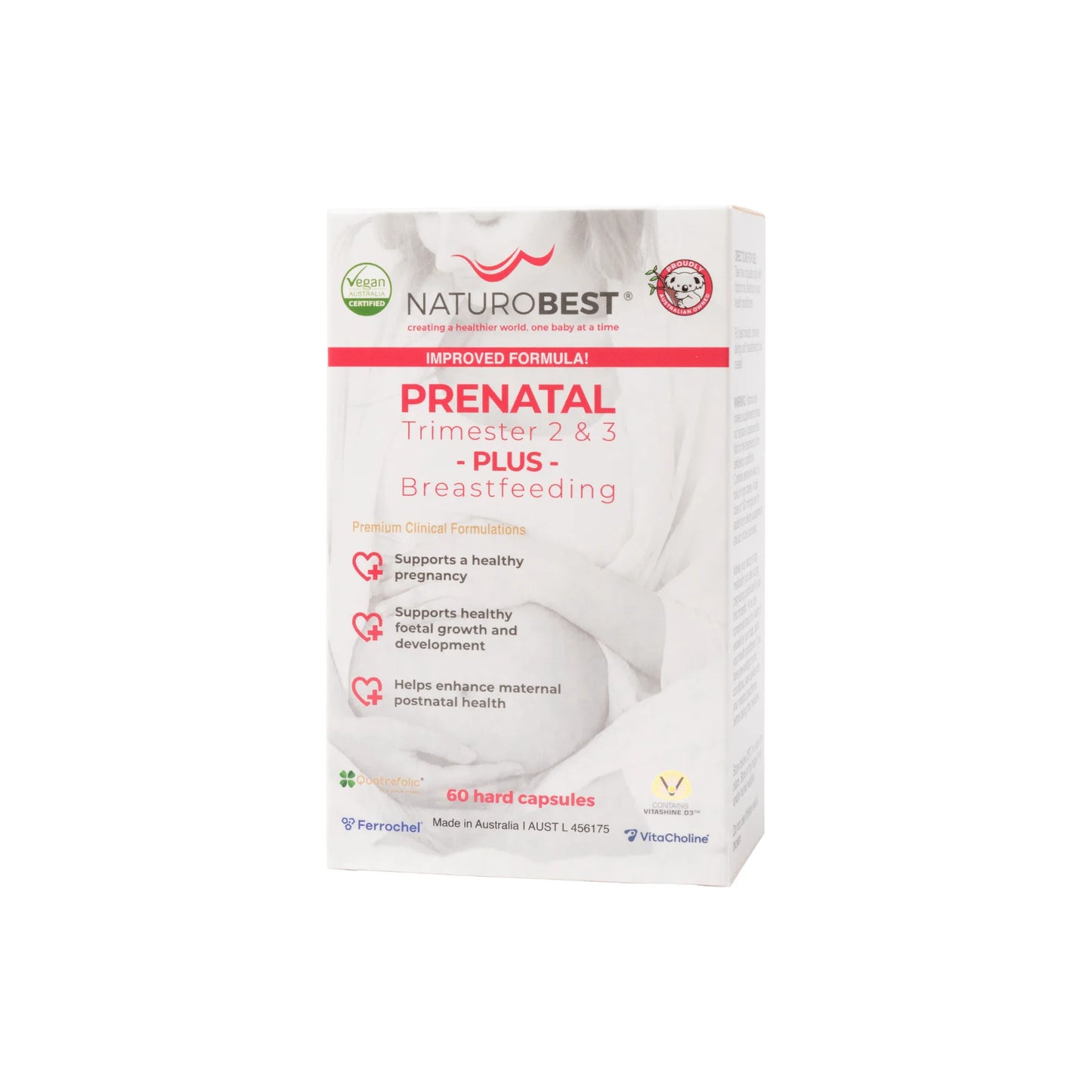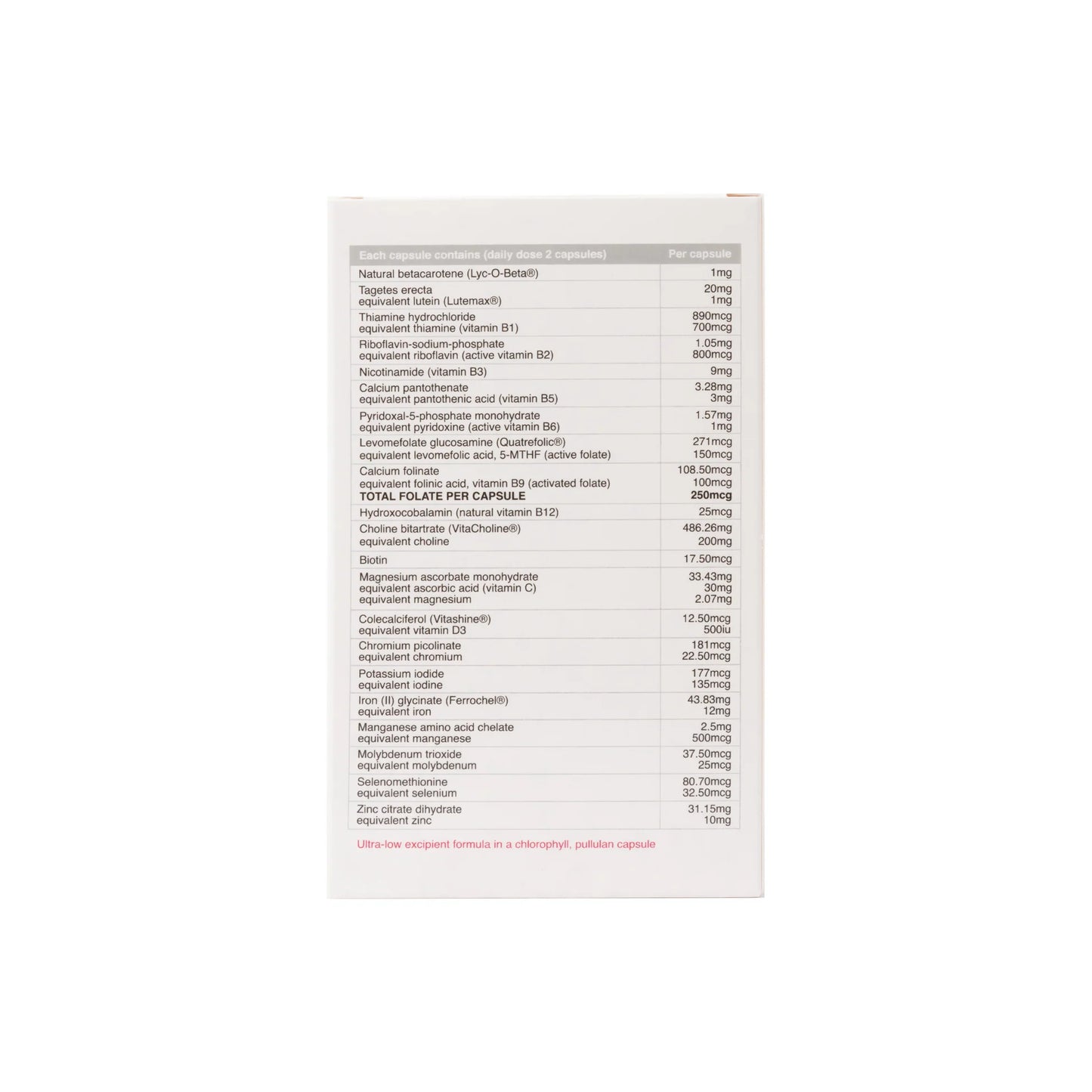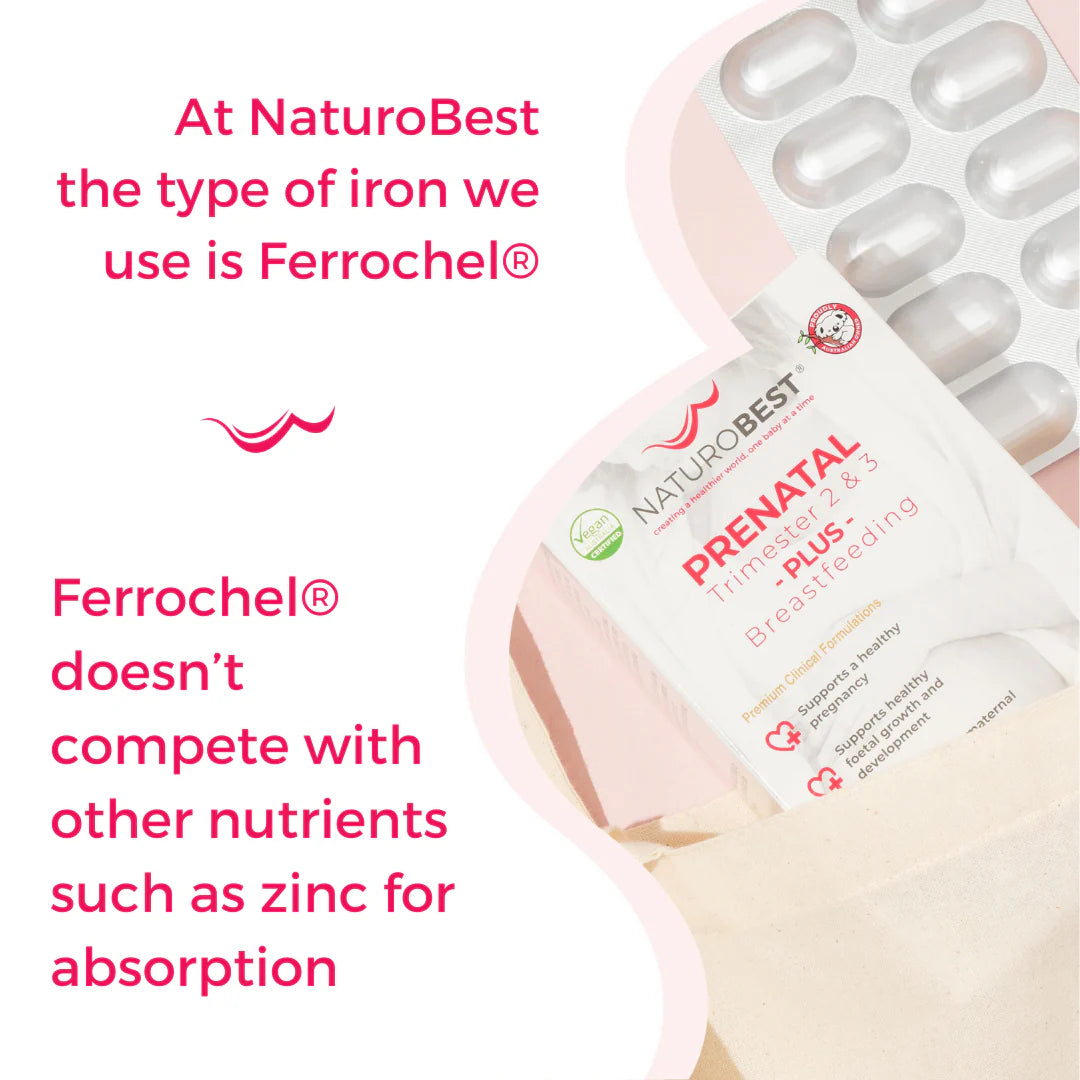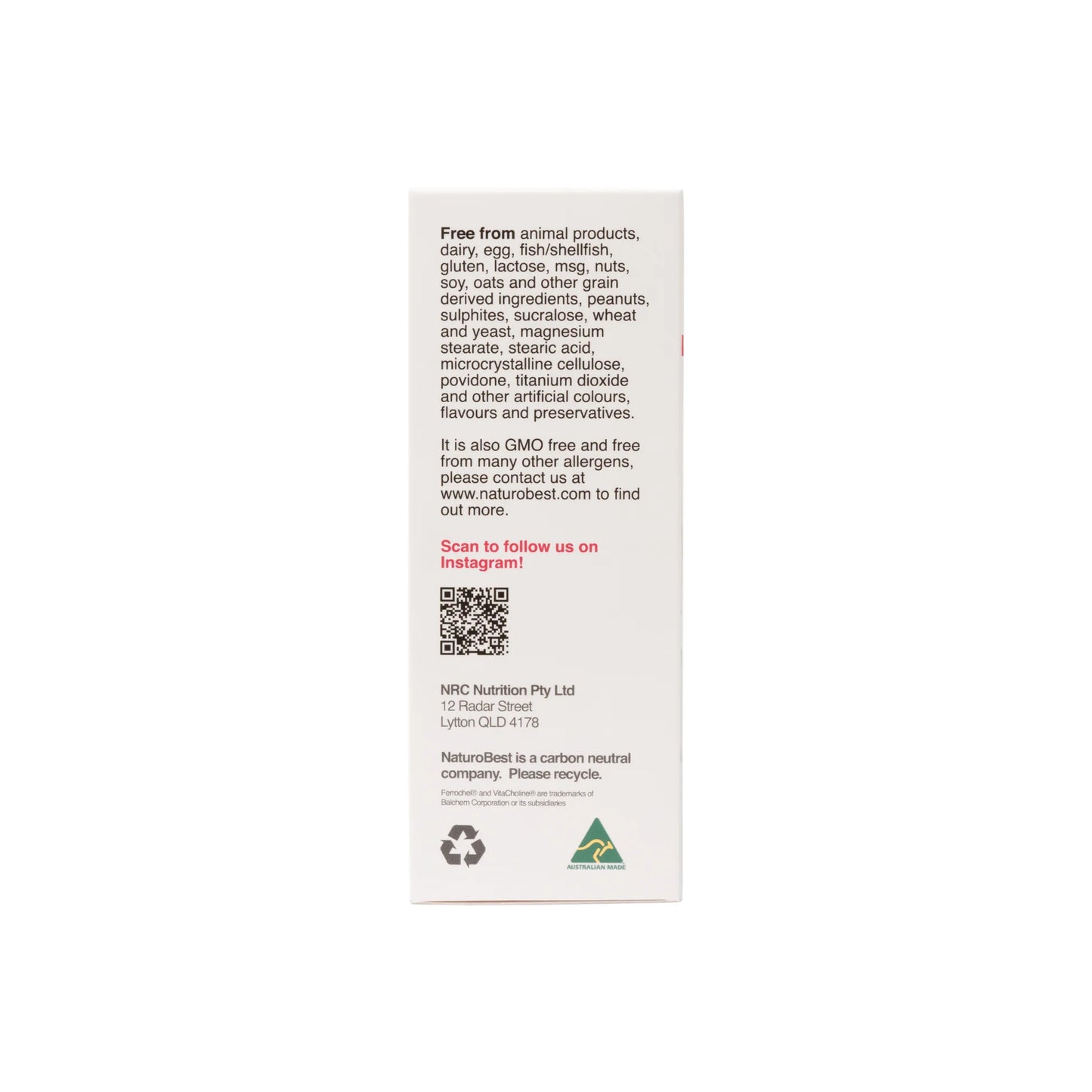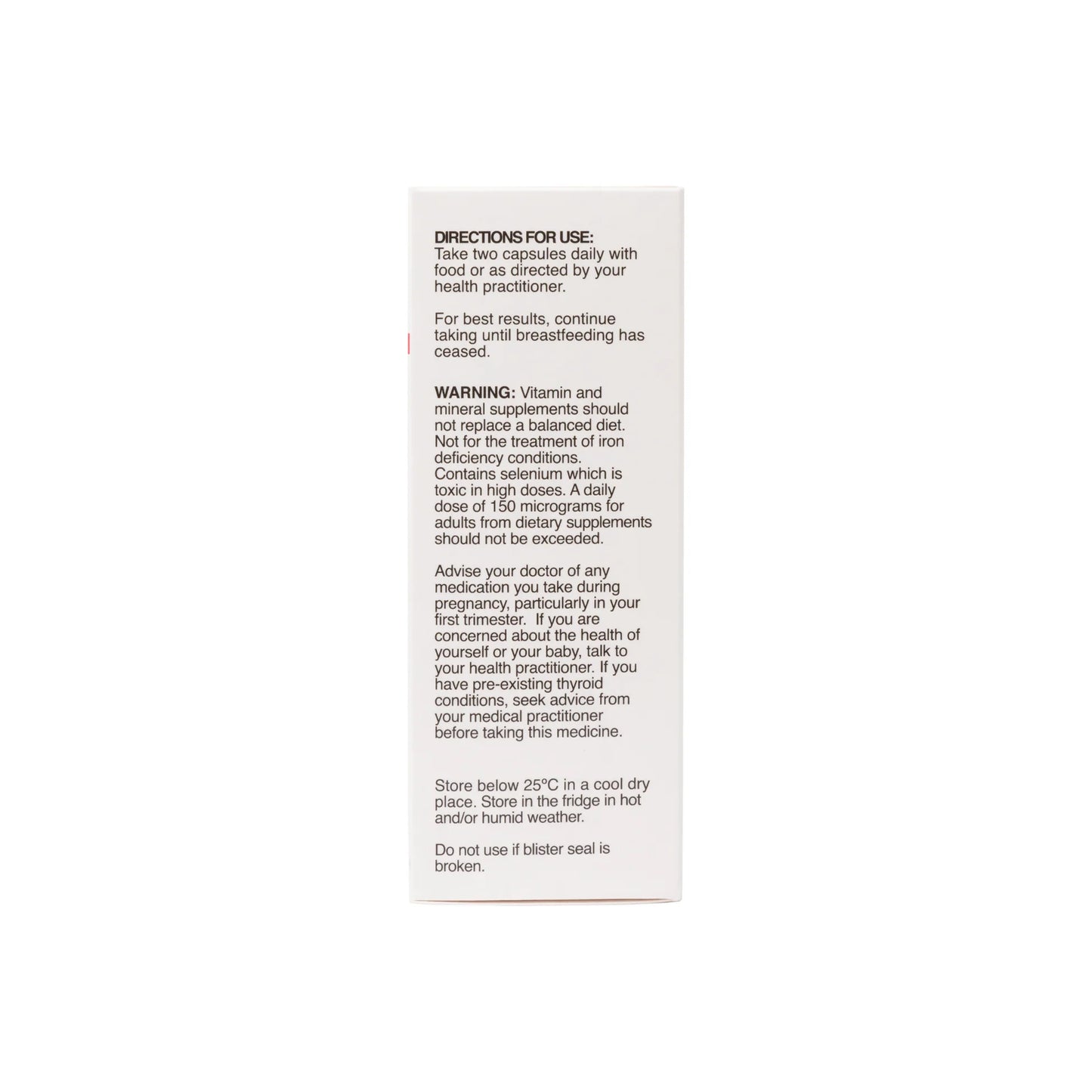At Botanic Balance, we believe in harnessing the power of nature to nurture and restore the skin. One of our favourite low-tox, plant-based oils is rosehip oil, a potent, natural elixir that has been revered for centuries for its remarkable skin benefits, especially when it comes to skin regeneration.
In this blog, we’ll dive into why rosehip oil is a must-have in your skincare routine and how it supports skin regeneration, healing, and rejuvenation.
What Is Rosehip Oil?
Rosehip oil is cold-pressed from the seeds of the wild rose bush, Rosa canina, which is native to the Andes in Chile. Unlike rose essential oil, which is extracted from the petals, rosehip oil is rich in the seeds of the fruit. This oil is packed with essential fatty acids, antioxidants, and vitamins A and C, making it a low-tox skin superfood.
How Rosehip Oil Supports Skin Regeneration
High in Vitamin A (Beta-Carotene)
Rosehip oil is an excellent source of vitamin A, which is crucial for skin cell turnover. Vitamin A promotes the shedding of old skin cells and stimulates the production of new, healthy skin cells. This helps reduce the appearance of fine lines and wrinkles, while encouraging skin to renew itself naturally.
The beta-carotene in rosehip oil is a precursor to vitamin A, offering a gentler alternative to synthetic retinoids. While it doesn’t carry the same intensity as retinol, it provides effective results over time without the harsh side effects that some people experience with synthetic alternatives.
Boosts Collagen Production
Collagen is the protein responsible for the skin’s structure and elasticity. As we age, collagen production slows down, leading to sagging skin and the development of wrinkles.
Rosehip oil’s vitamin C content helps stimulate collagen synthesis, which is vital for maintaining skin elasticity. This results in firmer, plumper skin and a more youthful appearance.
Fades Hyperpigmentation and Scars
One of the standout benefits of rosehip oil is its ability to fade dark spots, hyperpigmentation, and scarring. This is largely due to its high levels of linoleic acid (omega-6 fatty acid) and vitamin C, both of which can lighten dark spots and promote an even skin tone.
Whether you’re dealing with acne scars, sun spots, or age spots, rosehip oil can help reduce their appearance over time, encouraging a more even and radiant complexion.
Rich in Essential Fatty Acids
Rosehip oil contains essential fatty acids such as omega-3, omega-6, and omega-9. These fatty acids help repair the skin’s barrier, lock in moisture, and protect the skin from external irritants. A well-moisturised skin barrier is key to maintaining a healthy, youthful complexion and protecting the skin from premature ageing.
The omega-6 fatty acids also have anti-inflammatory properties, which are beneficial for those with sensitive skin or conditions like rosacea and eczema.
Antioxidant Protection
Rosehip oil is packed with antioxidants like vitamin C, vitamin E, and lycopene, which protect the skin from environmental stressors like UV rays, pollution, and free radicals. These stressors can cause oxidative damage, leading to premature ageing and skin damage. Antioxidants help neutralise these free radicals, preventing premature skin ageing and encouraging healthier skin regeneration.
Found in our Whipped Tallow Face Cream and Whipped Tallow Face Cream with Zinc for SPF15 protection, rosehip oil is a key ingredient that contributes to skin regeneration, helping to smooth, hydrate, and rejuvenate the skin.
Rosehip oil is a highly versatile, low-tox ingredient that suits all skin types, including sensitive, dry, and oily skin. It’s especially beneficial for those looking to reduce the appearance of fine lines, uneven skin tone, sun damage, and scarring.
Its gentle yet effective nature makes it perfect for daily use, and it can be easily incorporated into both your morning and nighttime skincare routines. Plus, because it's natural, it's ideal for people looking for clean beauty products without synthetic chemicals.

